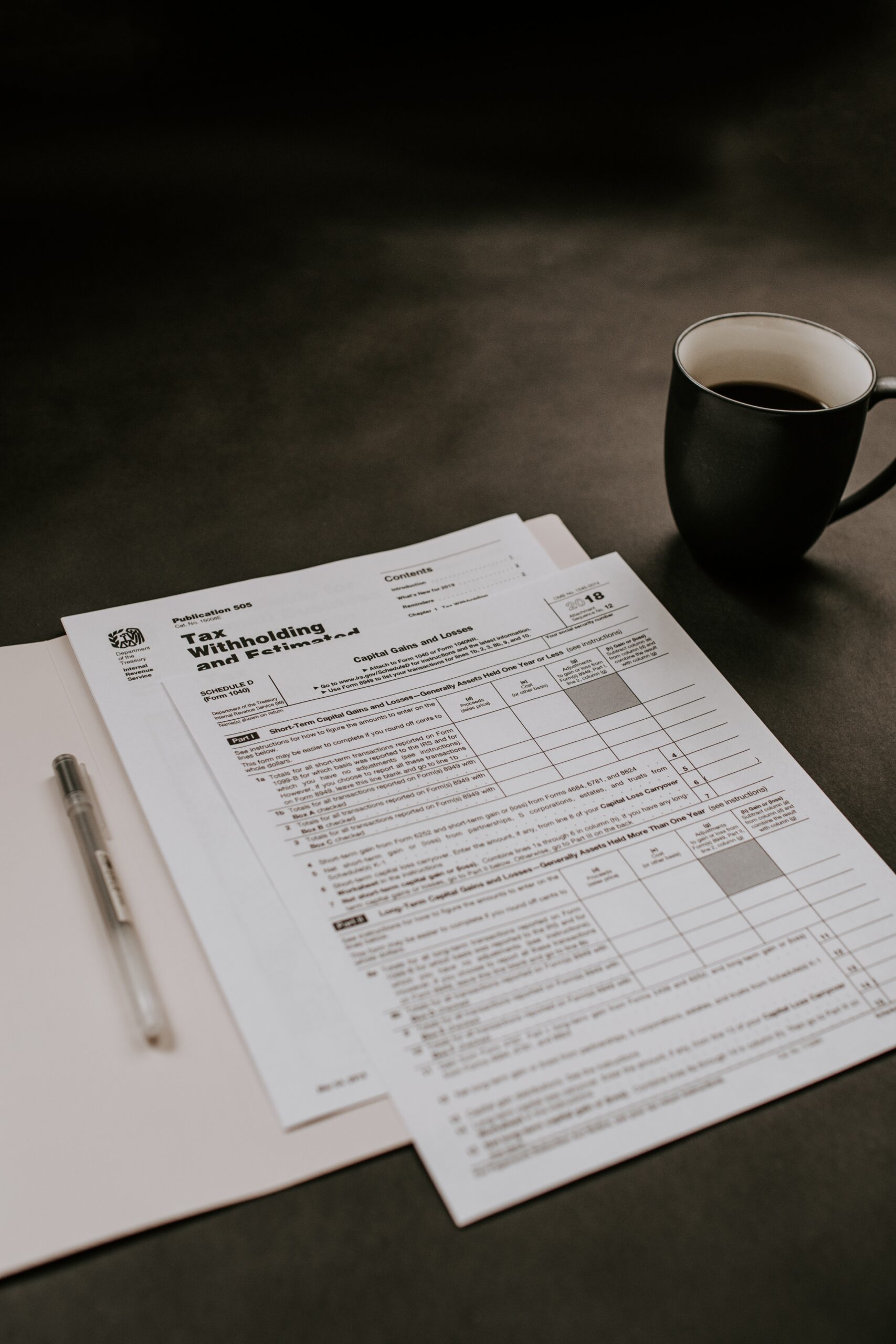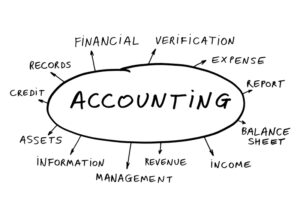 Controller for Rent™
Controller for Rent™

A former client has had to make a change in the accounting manager position at their company, and they hired a new manager before we began working together. We learned that the new accounting manager asked: “Why are you keeping your books on the accrual basis, when you file tax returns on the cash basis?” I was asked for my opinion.
Without commenting on the questionable credentials of the new hire, let me acknowledge that many small businesses face this same question, and far too often opt for cash basis accounting because it’s seen as simpler to understand and it makes their CPA’s life easier when income tax filing time comes around. So, in the interest of any of our readers for whom that’s a valid question, let me provide some insight.
Cash basis accounting is just what it sounds like – you record receipts when the money arrives in your door, and you record expenses when you sign the checks (or in the case of one client who previously only recorded those checks when they showed up on their bank statement). Then your accounting software produces the standard reports – income statement, balance sheet, etc. whenever you ask for them.
A couple of small problems:
My list of problems is only limited by the intended length of this post. So if you need to hire an accountant for your company, and the interview process brings up the question of accounting practices – as it should – you might ask them how they would feel about keeping your books on the cash basis, “to make income tax reporting simpler.” Then listen carefully to their answer.
We are Your CFO for Rent.
© 2024 CFO For Rent - Western Management Associates. All rights reserved. Website by Avodah Web Solutions.